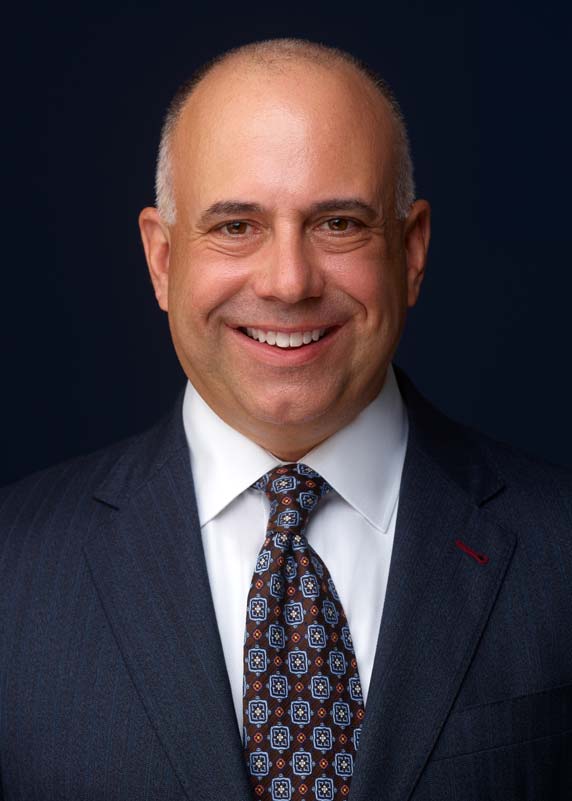What to Know About Debt During a Divorce
Divorce can be traumatic, especially when there’s debt involved. That’s why we recommend hiring an experienced divorce attorney to help you understand what you stand to lose or gain after splitting.
One of the first things you need to know is that debt acquired during a marriage is divided between both spouses, regardless of who holds the credit card or loan. This includes student loans, mortgage payments, car loans, and credit cards. That’s why you need to be super cautious when considering a divorce.
Mortgage Debt
In most cases, the spouse who is not paying for a mortgage will be relieved of that responsibility. However, they may still need to pay off any current loans on the property or take out a new loan to purchase their share of ownership in it. This can have significant tax implications, so we recommend getting professional advice before making any decisions.
Ideally, you want to understand the process and what you stand to lose, so don’t hesitate to ask your attorney about these issues during your initial consultation. It’s easier than trying to figure it out on your own.
Auto Loan Debt
Some states have different rules for how to handle auto loans. For example, some courts do not divide a car loan. Instead, they’ll delegate that responsibility to the person who’s still driving it. Other times, a court ruling might require you to split up your auto loans in thirds, so each of you owns one-third of the remaining balance.
Usually, the spouse with the most equity in a vehicle will be responsible for paying off that loan. But there are exceptions to every rule, so it’s best to talk about your particular situation and limitations with an experienced attorney before making any decisions.
Medical Debt
Medical debt is a particularly complicated matter. If either spouse incurred medical expenses during the marriage, both spouses are liable, even after the divorce. However, deciding who pays the bulk of these debts will depend on how their assets and income were divided in divorce court.
It’s important to understand that even if you don’t agree to pay your ex-spouse’s medical debt, you may still be liable. This is especially true if your ex-spouse cannot pay their debts because of a lack of income.
When Your EX Files Bankruptcy
If your ex-spouse files for bankruptcy, the divorce process will be significantly complicated. You’ll need to understand what you stand to lose and how it will impact your finances going forward.
In most cases, those who are still living with their spouse after a divorce may have some of their assets seized or sold off by creditors due to the bankruptcy filing. So, we recommend reviewing these issues with a divorce attorney before proceeding to divorce court. This will help you make informed decisions about how much liability you’re willing to take on.
What If Your Ex Doesn’t Pay their Divorce Debt?
If you cannot get your ex-spouse to pay back what they owe, the responsibility usually falls squarely on you. However, don’t make assumptions about who gets stuck with the bill. Your divorce decree may include a provision that states how debt is handled in bankruptcy, and it might get you off the hook for any remaining debt.
How Do You Protect Yourself From Losing Money in a Divorce?
There are a few different ways you can protect your money in a divorce.
- Determine what your spouse’s assets and liabilities are before and after the marriage. This will help you to understand better how much risk or liability they may have on their side of the split.
- Be cautious about agreeing to pay for your spouse’s debts that are unrelated to the property you’re splitting up. For example, if they owe money on a medical bill, this debt should not be divided in divorce court.
- Make sure you have enough savings to cover any potential liabilities. Otherwise, creditors may seize what you own to pay off the debt.
- Review your divorce decree carefully for provisions about how debts are handled in the event of a bankruptcy filing. This will help you avoid any nasty surprises.
Can You Empty Your Bank Account Before Divorce?
If you’re worried about your assets being seized after the divorce, it’s possible to empty better understand your bank account before the process begins. That’s because there are ways that creditors can seize funds from joint accounts even when only one spouse is named on the debt. But this is not as easy as it may sound, so we recommend talking to an attorney first.
Can Divorce Impact Your Credit Score?
Getting divorced can have a significant impact on your credit score. If you’re not careful, it could mean that creditors will seize what you own to pay off a debt if your ex-spouse goes bankrupt.
So, it’s important to be aware of how the divorce will impact you financially. You might also want to know about any potential risks or liabilities before proceeding with the process for a successful and fair split!
Generally, your payment history on accounts such as your credit card and car loan will impact your overall score. To better understand; if you fail to make payments on these obligations, you’ll likely be reported to a collection agency, which can affect your credit rating. So, set up a payment plan with creditors to ensure that they’re not reported as delinquent on your credit report.
If you’ve recently gone through a divorce, it’s important to understand what impact it may have on your finances. You should know about any potential risks or liabilities before proceeding with the process. This will help you make an informed decision about how much risk or liability you want to take on.
If all of this sounds intimidating and complicated, let us guide you through these issues by partnering with our team of experts at Jimeno & Gray, P.A, who are ready and waiting to handle your divorce amicably. We will work with you to make sure that your finances are taken care of so you can focus on rebuilding your life!
Meet Our Team

Gregory P. Jimeno, Esquire
Partner

Frank C. Gray, Jr., Esquire.
Partner

Magaly Delisse Bittner, Esquire
Partner

Jessica McConnell, Esquire
Associate

Lisa Eckstorm
Office Manager and Funding Coordinator

Alex Avioli-Bent
Paralegal

Erin Finn
Paralegal

Connie Almond
Paralegal

Karen Nolasco
Paralegal

Robyn Youssef
Intake Specialist
